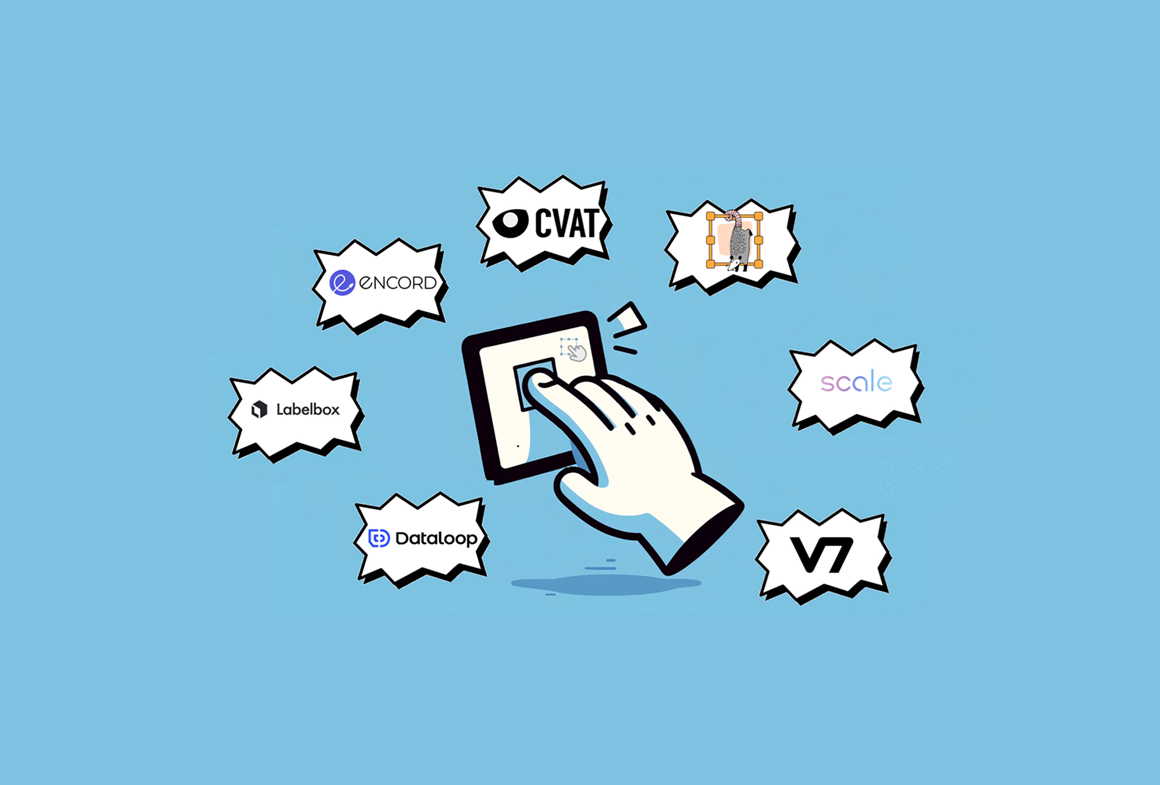Ethics and AI Outsourcing: what are the issues?

The advent of Artificial Intelligence (AI) has spawned many technological advances in various fields, such as medicine, industry, finance and many others. However, with these technological advances also come complex ethical challenges. In this article, we discuss some of these ethical issues related to AI.
The ChatGPT Phenomenon: A Product Built on Data Labeling and Massive Data Annotation
This natural language processing (NLP) model, considered the most advanced of the moment, ChatGPT (Generative Pre-trained Transformer) raises many ethical concerns. Although it has many advantages, such as the ability to understand and generate human language, it can also be used to generate false information or discriminatory statements... This raises the question of its use and the regulatory framework that could govern the use of comparable AI products.
A humanized approach to automation
While automation can improve efficiency and optimize business processes, it can also eliminate jobs and negatively impact local communities and economies. This question should therefore be asked for every new AI development project: it is therefore important to take a humanized approach to AI, ensuring that jobs and communities working for Data Labelling Outsourcing companies are not negatively affected.
Fundamental human rights in the AI and Data Labeling industry
The use of AI in areas such as surveillance, facial recognition and decision-making can have a negative impact on the rights to privacy, freedom of expression and non-discrimination. It is therefore important to ensure that the adoption of AI respects the fundamental rights of every individual. It is therefore up to AI outsourcing companies to be vigilant when selecting AI projects. 🔗 data annotation entrusted to them.
Africa's place in the development of AI and the Data Labeling Outsourcing industry
Africa can benefit significantly from the use of AI to improve economic and social development, but it is important to take cultural, social, and economic specificities into account. It is also essential to ensure that the benefits accrue to all members of society and do not create new inequalities. Data Labeling can provide employment and training opportunities in AI, helping to build local capacity in digital technology and skills in Africa.
The use of personal data in labelled data ("Training Data") for training AI models
AI relies heavily on the collection and use of data and sometimes personal data, which raises privacy and data security issues. Ensuring that this data is collected and used ethically and transparently, and that individuals have control over their own data, in compliance with regulatory issues (GDPR/RGPD, PDPA, etc.) is critical.
Artificial Intelligence is a powerful technology that offers many opportunities to improve our world. However, it is essential to consider the complex ethical issues involved in its use. Researchers, developers and policymakers must work together to ensure that AI is used ethically and responsibly, ensuring that the benefits accrue to all members of society and do not create new inequalities.





